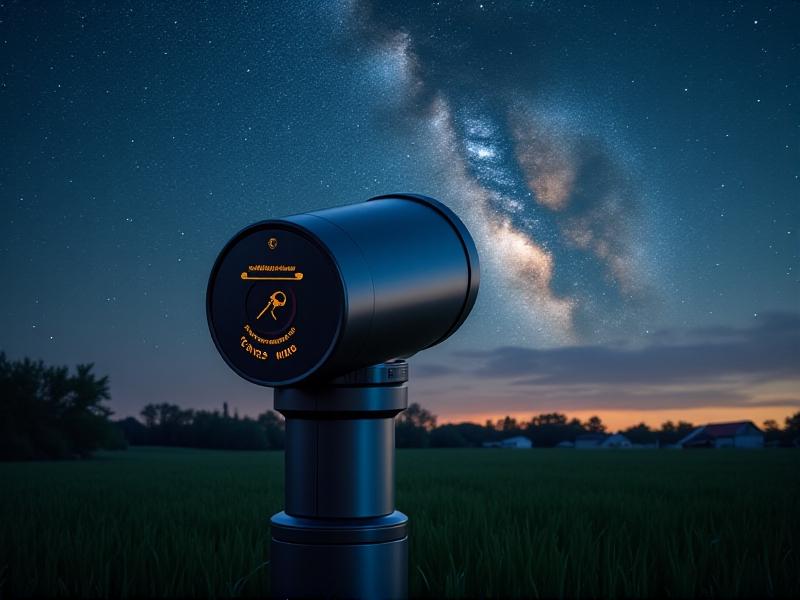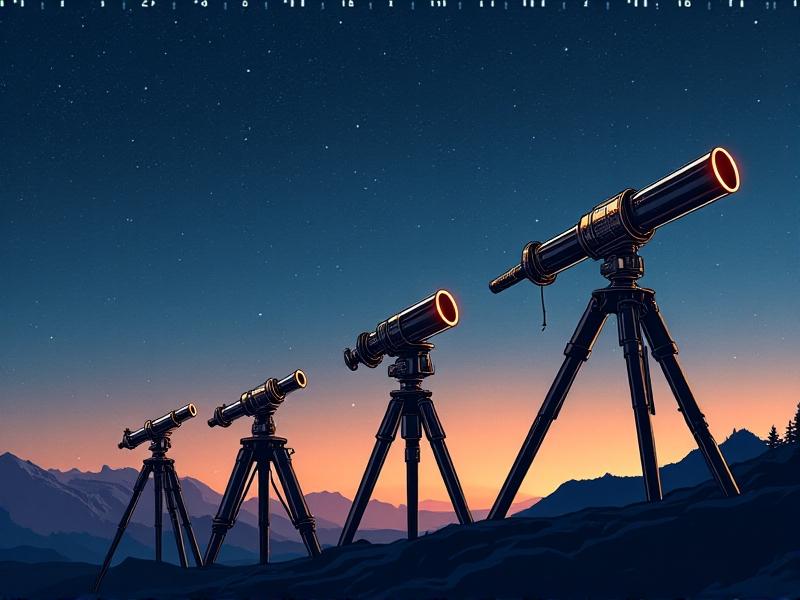Astronomy Mentorship Programs for Disabled STEM Students
Introduction to Astronomy Mentorship Programs for Disabled STEM Students
Astronomy, the study of celestial objects and phenomena, has always been a field that inspires wonder and curiosity. However, for disabled students pursuing STEM (Science, Technology, Engineering, and Mathematics) careers, the journey into astronomy can be fraught with unique challenges. From inaccessible facilities to a lack of tailored resources, these barriers can deter even the most passionate individuals. This is where astronomy mentorship programs come into play. These initiatives are designed to provide guidance, support, and opportunities for disabled STEM students, helping them navigate the complexities of the field and achieve their full potential.

The Importance of Inclusive Mentorship in Astronomy
Inclusive mentorship is crucial in fostering a diverse and equitable scientific community. For disabled students, having mentors who understand their unique needs can make a significant difference in their academic and professional journeys. Mentors can provide not only technical guidance but also emotional support, helping students build confidence and resilience. Inclusive mentorship programs often involve training for mentors to ensure they are equipped to address the specific challenges faced by disabled students. This approach not only benefits the mentees but also enriches the mentors' perspectives, creating a more inclusive and empathetic scientific community.

Key Components of Successful Astronomy Mentorship Programs
Successful astronomy mentorship programs share several key components. First, they prioritize accessibility, ensuring that all materials, facilities, and technologies are usable by students with various disabilities. Second, they offer personalized support, tailoring mentorship plans to meet the individual needs and goals of each student. Third, they foster a sense of community, providing opportunities for students to connect with peers, mentors, and professionals in the field. Finally, these programs often include career development resources, such as internships, workshops, and networking events, to help students transition from academia to the workforce.

Challenges Faced by Disabled STEM Students in Astronomy
Disabled STEM students in astronomy face a myriad of challenges, both physical and societal. Physical barriers include inaccessible observatories, labs, and equipment, which can limit their ability to participate fully in research and coursework. Societal barriers, such as stereotypes and biases, can also hinder their progress, leading to feelings of isolation and imposter syndrome. Additionally, the lack of representation of disabled individuals in astronomy can make it difficult for students to find role models and mentors who understand their experiences. Addressing these challenges requires a concerted effort from educational institutions, professional organizations, and the broader scientific community.
Strategies for Overcoming Barriers in Astronomy Mentorship
Overcoming barriers in astronomy mentorship involves a multi-faceted approach. One strategy is to invest in accessible technologies and infrastructure, such as adaptive telescopes, software, and lab equipment. Another is to promote disability awareness and inclusion training for mentors, faculty, and peers. Creating a supportive and inclusive culture within astronomy programs is also essential, encouraging open dialogue and collaboration. Additionally, mentorship programs can partner with disability advocacy organizations to provide resources and support for disabled students. By implementing these strategies, astronomy mentorship programs can help level the playing field for disabled STEM students.
Case Studies: Successful Astronomy Mentorship Programs
Several astronomy mentorship programs have successfully supported disabled STEM students. For example, the "Stars for All" initiative provides accessible astronomy workshops and mentorship opportunities for students with visual impairments. Another program, "AstroAccess," focuses on making space science inclusive by offering internships and research opportunities to disabled students. These programs have not only helped students achieve their academic and career goals but have also raised awareness about the importance of inclusivity in astronomy. By studying these case studies, other programs can learn valuable lessons and best practices for supporting disabled students in the field.
The Role of Technology in Inclusive Astronomy Mentorship
Technology plays a pivotal role in making astronomy mentorship programs inclusive for disabled students. Adaptive technologies, such as screen readers, voice-activated software, and tactile graphics, enable students with visual impairments to access and analyze astronomical data. Similarly, assistive devices, such as adaptive telescopes and lab equipment, allow students with physical disabilities to participate in hands-on research. Virtual reality (VR) and augmented reality (AR) technologies also offer immersive learning experiences, making complex astronomical concepts more accessible. By leveraging these technologies, mentorship programs can create a more inclusive and engaging learning environment for all students.
Future Directions for Astronomy Mentorship Programs
The future of astronomy mentorship programs lies in continued innovation and collaboration. As technology advances, new opportunities will emerge to make astronomy even more accessible to disabled students. Collaboration between educational institutions, professional organizations, and disability advocacy groups will be essential in driving these advancements. Additionally, increasing the representation of disabled individuals in astronomy will help create a more inclusive and diverse scientific community. By staying committed to these goals, astronomy mentorship programs can continue to empower disabled STEM students and inspire the next generation of astronomers.
How to Get Involved in Astronomy Mentorship Programs
Getting involved in astronomy mentorship programs is a rewarding way to support disabled STEM students. Whether you are a professional astronomer, an educator, or a student, there are numerous ways to contribute. Mentors can offer their expertise and guidance, helping students navigate the challenges of the field. Educators can advocate for inclusive practices and accessible resources within their institutions. Students can participate in mentorship programs as mentees, gaining valuable skills and support. Additionally, volunteering with organizations that promote inclusivity in astronomy can make a significant impact. By getting involved, you can help create a more inclusive and equitable future for astronomy.








